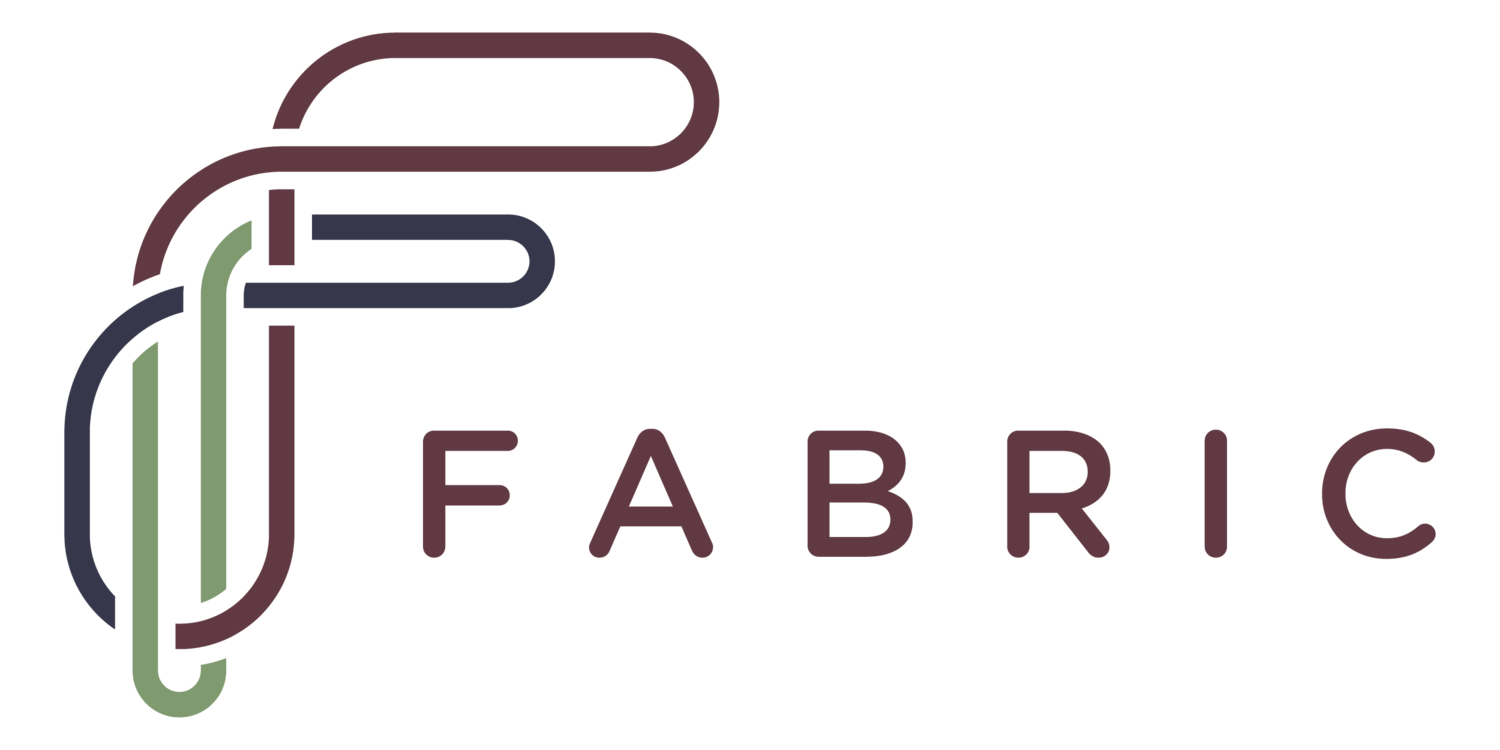START SMALL
/Talking to a few people at our Open Space experience in which we were making plans on what we could each do to make the world more an us place, and less an us and them place, I (Greg) heard a common dilemma. There is a tendency towards impatience and fixing big problems. Despite the urgency to change this world in which too many lives are harmed and generational damage is compounding, there are still no short cuts. We must rebuild systems around us from the ground up, and if we want it to last, change within us happens one-step at a time.
Start small. One person was stymied with how to develop meaningful intercultural relationships. The inability to figure out how to get there from where she was in one step was frustrating and discouraging. She was starting too big. Then another person, who was also white-bodied, said she would go to shops where she would be around people of different racial backgrounds and learn how to interact with them in ways that weren’t pushy or inappropriate but conveyed interest, respect and value and take it from there. Small steps. Discovering that such a simple first step might be exactly what is needed was like a lightbulb going off for the first person. “Is such a small step as this person proposed enough?” WRONG QUESTION. This is a Fabric insight: ask a wrong question and you’ll get an unhelpful answer.
What’s a BETTER QUESTION? “Is such a small step a useful next step in getting where you want to go?” That question leads to other better next questions, like, “What do I do with the rapport and understanding of people who aren’t ‘like me?’” and “How do I pass what I am learning on to others?”
Use your people. One of the strategic benefits of a community that is structured around healthy growth is that you aren’t the only one trying to figure stuff like this out. There are others a step ahead of you from whom you can learn. There are others hoping to do what you are to learn from you. And there are others who are right with you. This all creates a friendly atmosphere of mutual accountability, encouragement and learning.
Start small. What is the next piece missing between where you are and where you want to be? Don’t worry about deboarding from the airplane if you haven’t even bought a ticket and packed your bags yet. You’ll get there, but it’s not what’s next for you. (edited)
Step into the growth zone with others. Share ideas here.
















Some Deeper wisdom about doing your job from Mayyadda and Katy Schalla Lesiak’s OpEd this week. “…If those questions raise your own version of imposter syndrome or worry that you are wasting your time or not doing enough – you might be doing something right!”